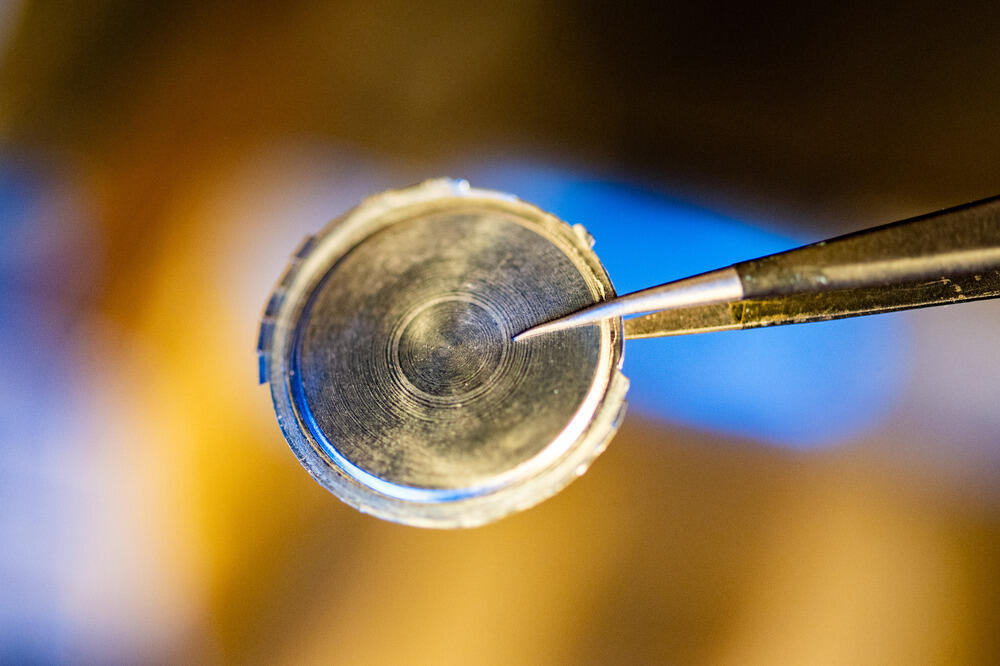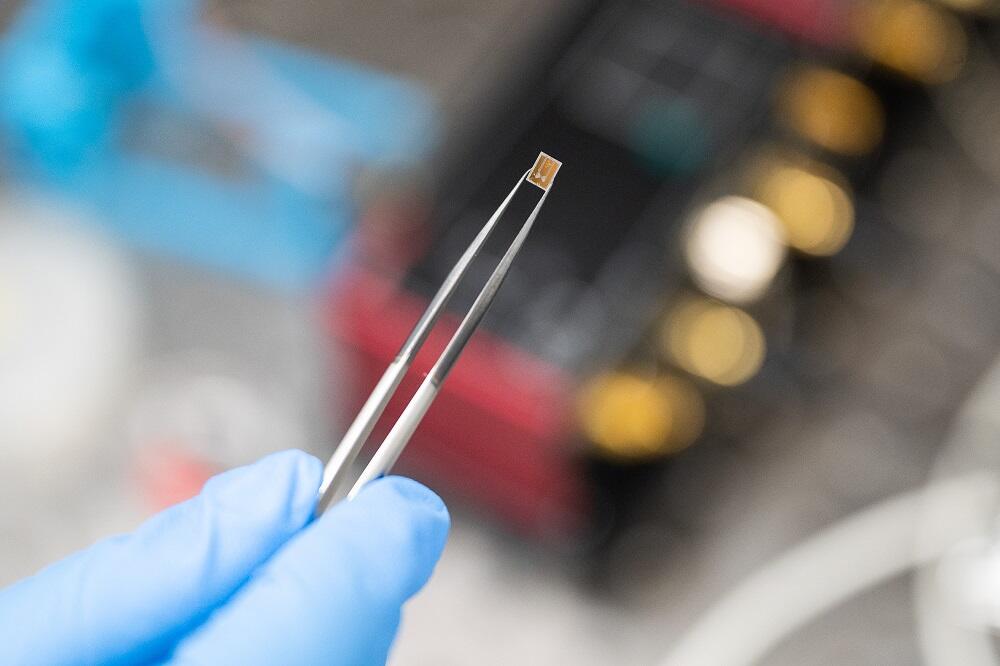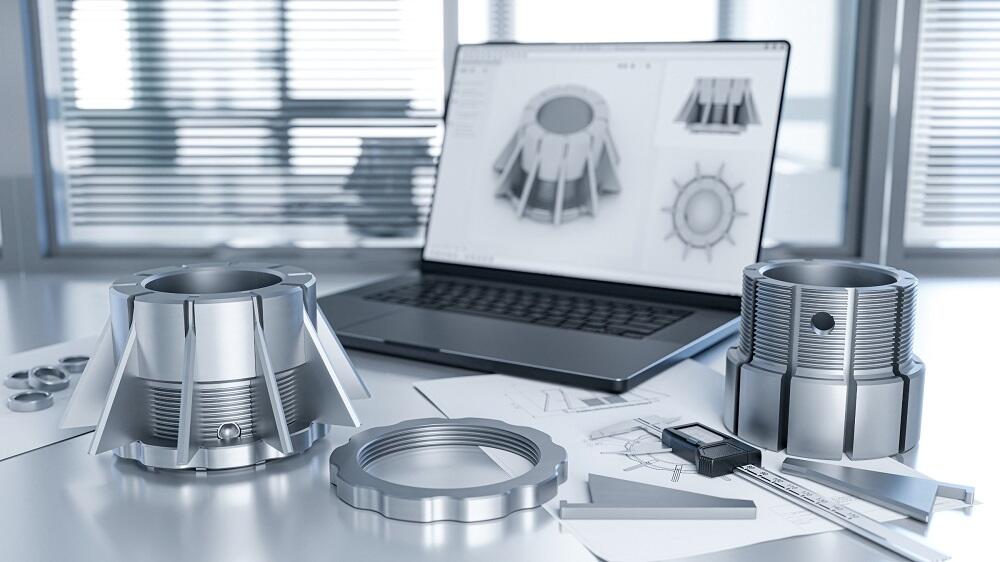Three Times Stronger: Russian Scientists Improve Aluminum Alloy for Microelectronics
Researchers at NUST MISIS have discovered the most effective method of processing an aluminum alloy, which allows the material to become three times stronger while maintaining optimal hardness and ductility. In the future, this approach could enable manufacturers to eliminate costly alloying additives, producing lightweight and durable components for microelectromechanical systems (MEMS) that retain their properties through multiple work cycles.


